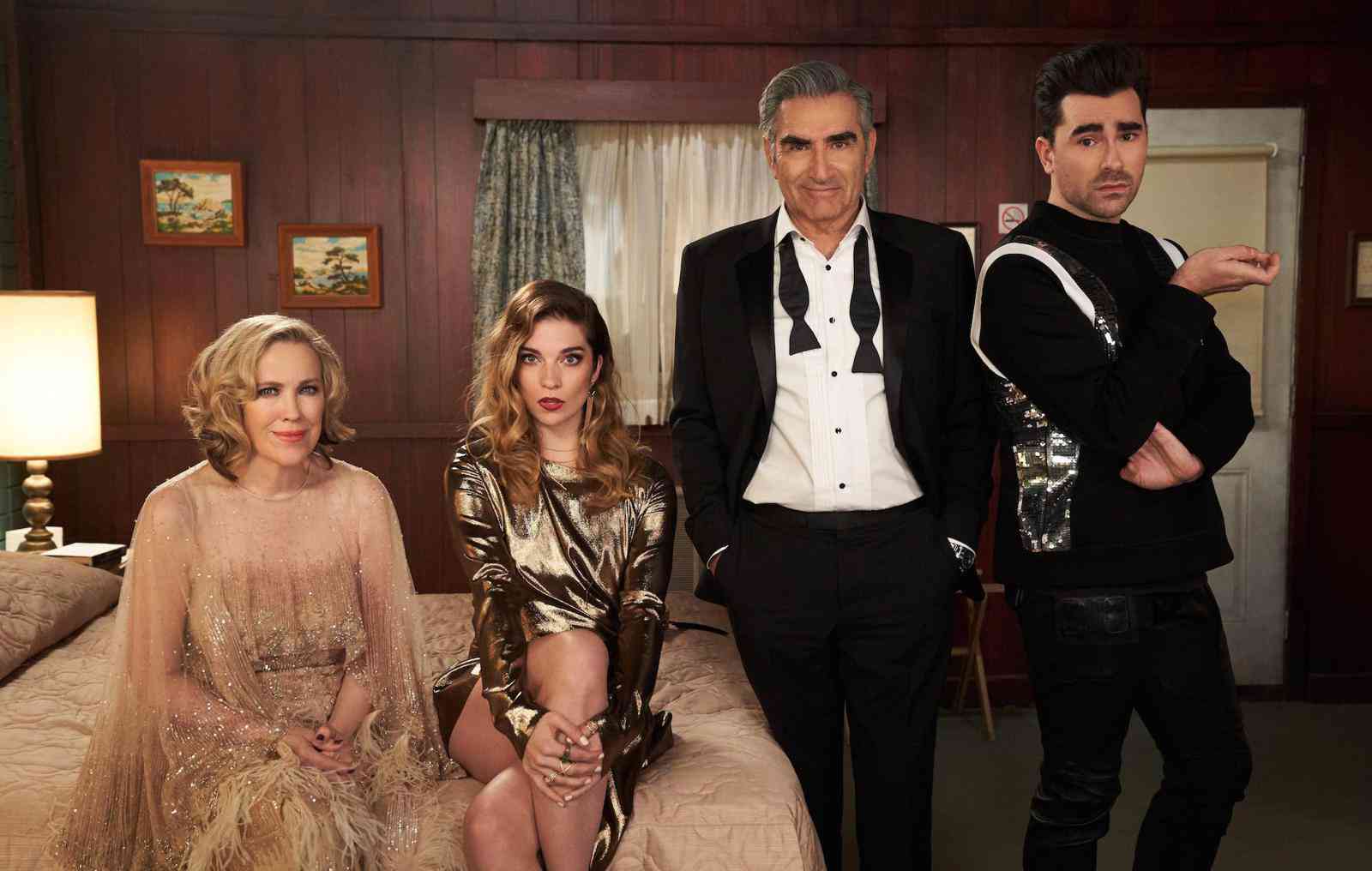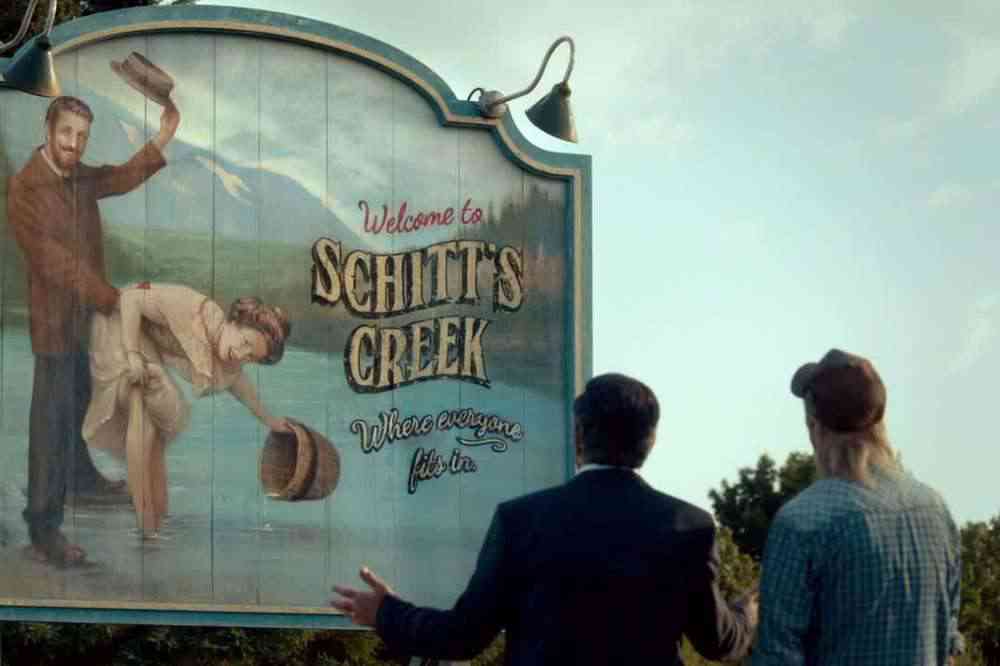
How do you possibly write about a show where everything worth talking about has already been written? What do you possibly write about a show that scored 15 Emmy nominations for its final run on the TV and has gone down to create some record of sorts for most single-season wins?
In the initial days of the COVID scare, when everything going to shit, I would spend a minimum of half an hour during lunch with the TV in our living room. This was an old ritual, which I had reclaimed after losing my day job. I hadn’t spent lunch hour at home in nearly half a decade, and somehow, it made all the sense in the world to go back to doing things that I had once abandoned, for other, better things. Apparently, it wasn’t just me. My therapist tells me that a lot of us found comfort in going back to reclaiming hobbies and rituals from our past.
However, the desire to go back to old family rituals did not quite prepare me for the aftermath. The remote wars at home had become bigger than ever. We had all grown up to be difficult, opinionated, and vastly different individuals, despite sharing the family name and blood. I was doing a shoddy job at taming my family to watch the things we could all enjoy and finding something that we could all watch together. I would be lying if I said that these attempts went down without arguments, fights, and yelling, mostly to do with how I shouldn’t impose my preference and so on.
(On a side note for my dad, where was this rebellion on freedom of choice when my sister and I were made to watch cricket as toddlers or forced to be in attendance during World Cup streaming parties over the years?)
Despite their daily ranting, my family binged through the entire Kim's Convenience series over many lazy lunch days. This lunch, as a family activity, would extend to early evenings against the TV screen, with each of us doing our respective things. We had all lost semblance of temporality and were forced to make peace with sharing our space with each other.
When we ran out of new episodes to stream, I switched to Schitt’s Creek, a wholly different show about a wholly different family. It’s a story for another day that my family had had enough of my remote hegemony and that they decided to ask me to switch to personal viewing on my laptop after the first day.
“Do I know anyone here who’s seen Schitt’s Creek? Please talk to me. I have a lot of emotions.”
I had tweeted this after binging on the first season in under a week. Three friends responded in affirmation on personal messages. Over time, they became my partners who I would discuss the show with, after each day’s binge.
In the months leading to this award day (that is, today), it felt like having completed a personal journey of sorts. I have held this show close to me through my bad days in the last few months and talked about it only to those who I absolutely love.
I force these inane details down your throat simply because Schitt’s Creek is a show about family and the self. At the heart of the sitcom remains an incredibly potent Dharma Productions line, “It’s all about loving your family.”
It is true.
The show is developed by two members of the same family—Dan and Eugene Levy—the father-son duo who reprise their real-life role in the show as David and Johnny Rose respectively. Perhaps one reason why the father-son could lock the details the way they did between the members of their fictional family is that they have been on this road together in their personal life.
As a viewer, the writing calls us all out on a personal level. You’d imagine this to be saccharine filled, high-intensity drama masqueraded as a comedy show. However, it’s nothing like that. If anything, it is the simplicity of the plot that is brought out by spectacular writing. Our interpersonal relationships with family are exposed when the Rose family begins to crumble and in turn, learn about each other. While painting a family portrait, Dan and Eugene ensure their characters are navigating conversations in underhanded sarcasm, wit, and sprinkled with details. Each conversation adds a hint of candour and colour to this family outline, subtly pushing you to reflect on your relationship with your family.
If I may be brutally honest, there is nothing noteworthy in Schitt’s Creek. In comparison to other popular shows, that have occupied discussion in our personal and public conversations there are a few memorable arcs and a fairly straightforward plot. The elevator pitch of this show is hardly remarkable—a family who lost their fortune is now resigned to live in a town called “Schitt’s Creek” that they had once bought as a joke on their son’s birthday. However, Schitt’s Creek makes up a straightforward plot with a solid screenplay, costumes and production design, and relatability. No talking cartoon horse or female assassin in a crime genre show can make up to that level of brilliance and simplicity together with elements down to the last detail.
If our window to the outside, COVID riddled world is a TV show, then Schitt’s Creek bears the geographical landscape of a public toilet. It travels nowhere and exists between the repeated spaces in a small town. From the rusty Rosebud motel where the Rose family resides to other forgettable landmarks, the cinematic city occupies very little actual attention from the viewer.

In a way, the geographical limitation is the central crisis of the show; of dealing with dislocation and transference and making peace with it, while discovering one another. By the end of the second season, you actually root for the residents of Schitt’s Creek and see the Rose family become one with them, in their own way, retaining their unique identity as well as coming together through bad financial times as a family.
As a viewer, the sensorium created by the show disturbs; you scream in horror for David’s well-being and his sister Alexis’ (Annie Murphy) recklessness. When the show references to their mother Moira’s (Catherine O’ Hara) erstwhile acting career, you want her to excel again, despite her coming across as standoffish and hard to like. As a writer, if you paint your character in a way which is remarkably unlikeable and yet the audience cheers for them, then you know, your job is done.
The wine bottle analogy to describe pansexuality by Dan Levy is a lesson in screenwriting. The sheer simplicity with which he brings acceptance and a semblance of normalcy on the television is rightly credited for being a landmark event in the history of writing LGBTQ characters and negotiating fairly with the struggles and stories.
The show acquired a cult status during the pandemic outbreak and its transmission because it reminded the viewers of being forced to resign into a tiny space and facing our worst demons. You can’t help but find similarities between people you have known or met over the years and their lockdown blues with the Rose family and other residents of Schitt's Creek.
Just as our days pass, the show progresses over seasons and the family comes to terms with their “new normal”. The Rose family attempts to make peace with the cards they are dealt with in finding ways to blend with the people in the town through new business, relationships, hobbies, and even friendships.
Moira’s nostalgia about her forgotten acting career and attempts at revival is juxtaposed against the future that her husband Johnny tries forging in the town. That radical act of acceptance and making the best of the situation in town during the later seasons is reminiscent of that one odd person in your life who is the most upbeat about the lockdown. “Let’s all play Scrabble? How about we do a family video call? Why don’t we throw a surprise birthday party for a difficult member of the house who is anyway disgruntled beyond belief about the circumstances? Johnny Rose is a relentless optimist who is a force against the family outlook and yet holds them together.
If you are looking to have some company to keep your spirits up and feel like home, without actually wanting to deal with anyone from your family or friends, take a chance on Schitt’s Creek. If the people of the town can win over the difficult members of the Rose family, they sure can win you over in no time.
It is worth the hype, it is worth the love, it is worth all that and then some more.







.jpeg)














Write a comment ...